- en
- nl
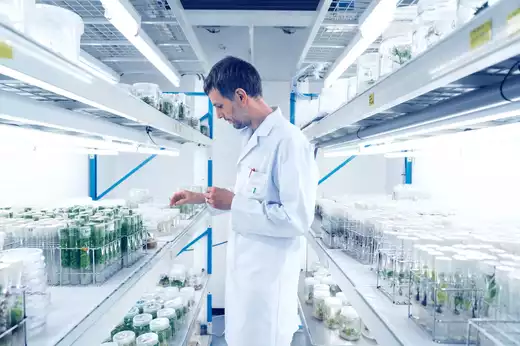
Delve into the realm of food and agriculture, where the future of sustainability, health, and food innovation converges. Explore the latest trends and developments reshaping these vital sectors.
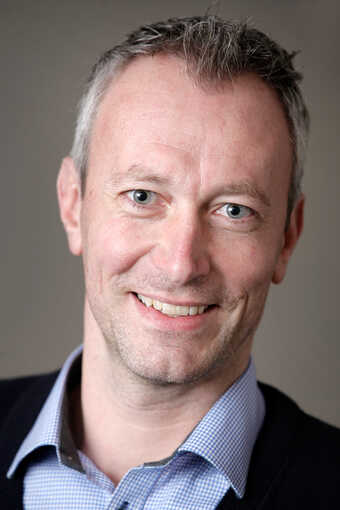
The LFCB explores cereal (e.g. wheat, barley, maize, rye, rice) and pseudo-cereal constituents (e.g. starch, proteins, non-starch polysaccharides, minerals and lipids) and enzymes and chemical agents impacting cereal constituents. We also study gluten free and fodmap free systems, protein sources which coexist with cereals in common food products (e.g. egg, soy, whey) and the functionality of yeast and yeast metabolites in the production of fermented cereal products. We integrate the generated knowledge to the benefit of understanding the functionality of various food constituents in diverse biotechnological processes and exploiting the impact of cereals on health.

Research at the Centre for Food and Microbial Technology (CFMT) aims to fundamentally understand constituents, micro-organisms and processes of relevance for the biological and biochemical industries in general and the food industry in particular. These fundamental insights are applied for food product design and process innovation, with a focus on the production of safe, sustainable, high quality and healthy food products.

The mission of the MeBioS Postharvest Group is to improve the storage life and quality of fresh fruit and vegetables by means of advanced engineering concepts, appropriate storage technologies and supply chain management procedures.
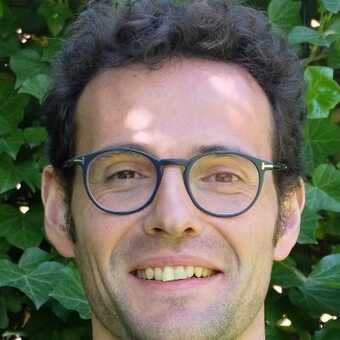
The Leuven Institute for Beer Research (LIBR) wants to facilitate the transfer of innovative technologies in the domain of beer and beverage products that result from multidisciplinary research to a practical and/or industrial application. We offer a multidisciplinary environment for research and development directed towards technologies with practical applications in the beer and beverage industry and direct access to top experts for innovation and support.

The Centre of Microbial and Plant Genetics (CMPG) is active in diverse fields including microbial evolution and ecology, beneficial and pathogenic microbe-host interactions, antimicrobials, probiotics, biofilms, fermentation and biofuels, plant protection and embryogenesis. It uses a variety of model systems of bacteria, yeast, human cells, plant, mouse, worm and insect and combines scientific approaches from the fields of molecular biology, genetics, genomics, synthetic biology, systems biology and mathematical modeling.

The Research Group of Industrial Microbiology and Food Biotechnology (IMDO) has acquired great expertise in the study of the whole of microbial factors that influence (fermented) food quality, in particular with respect to functional starter cultures to steer food fermentation processes and gut health.
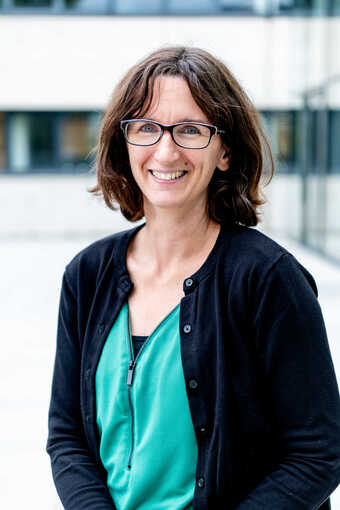
The Centre for Environmental Sciences (CMK) of Hasselt University focuses on problems surrounding environmental stress in general, and more specifically on the effects on organisms, soil, water and air pollution. Over the years, CMK has developed academic leadership in two complementary research lines: sustainable, clean technologies, and biodiversity, ecosystem services and climate change.
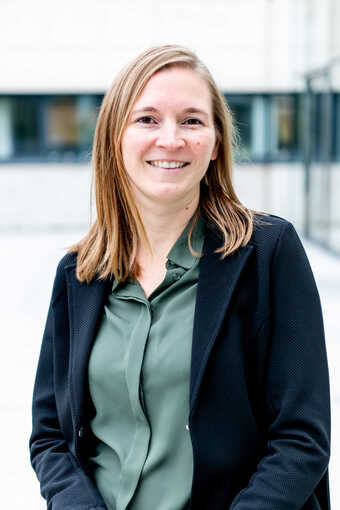
The Centre for Environmental Sciences (CMK) of Hasselt University focuses on problems surrounding environmental stress in general, and more specifically on the effects on organisms, soil, water and air pollution. Over the years, CMK has developed academic leadership in two complementary research lines: sustainable, clean technologies, and biodiversity, ecosystem services and climate change.

The multidisciplinary consortium End-of-Waste at AUGent (Ghent University Association) brings together 35+ research groups within the circular bioeconomy domain, aiming to transform biomass and organic side streams into valuable resources and subsequent biobased applications via science-2-business collaborations in food, feed, water purification, (agro-)chemistry, materials and energy.

BLUEGent is Ghent University's business development center covering the field of Aquaculture and Blue Life Sciences. We offer top expertise and advanced equipment for analyses, scientific or business advice. BLUEGent is one of world’s leading research partners in the field of Aquaculture and Blue Life Sciences. It offers top expertise and advanced equipment for analyses, scientific and business advice. BLUEGent groups over 400 top scientists to lead the way in: Blue tourism & health, coastal management, healthy oceans, marine resources & bioprospecting, multi-use of marine space and sustainable seafood.